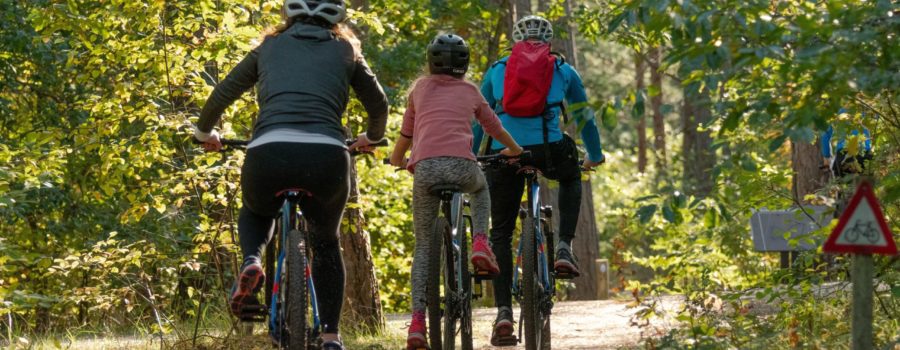The vision for a multi-use Shenandoah Valley Rail Trail along a discontinued rail line that spans three counties and crosses through nine towns creates an opportunity for the communities along the route to be connected in a way that has not been available since passenger trains left the track. The conversion of the rail corridor to a trail would make it possible to stroll or cycle to the next town over to try a new restaurant, visit a historic site or relax in a park without having to share the route with cars and trucks.
The communities along the proposed route for the trail have recognized the opportunity and have already begun to envision their towns with a Shenandoah Valley Rail Trail.
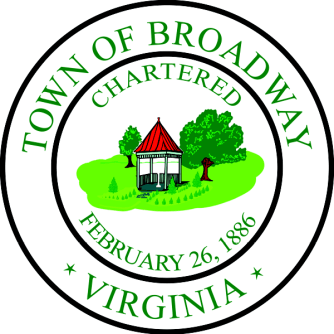
At the southern end of the rail-trail, Broadway recently completed Heritage Park on the west side of the rail with an adjacent in-town greenway, plenty of parking and multiple conveniences.
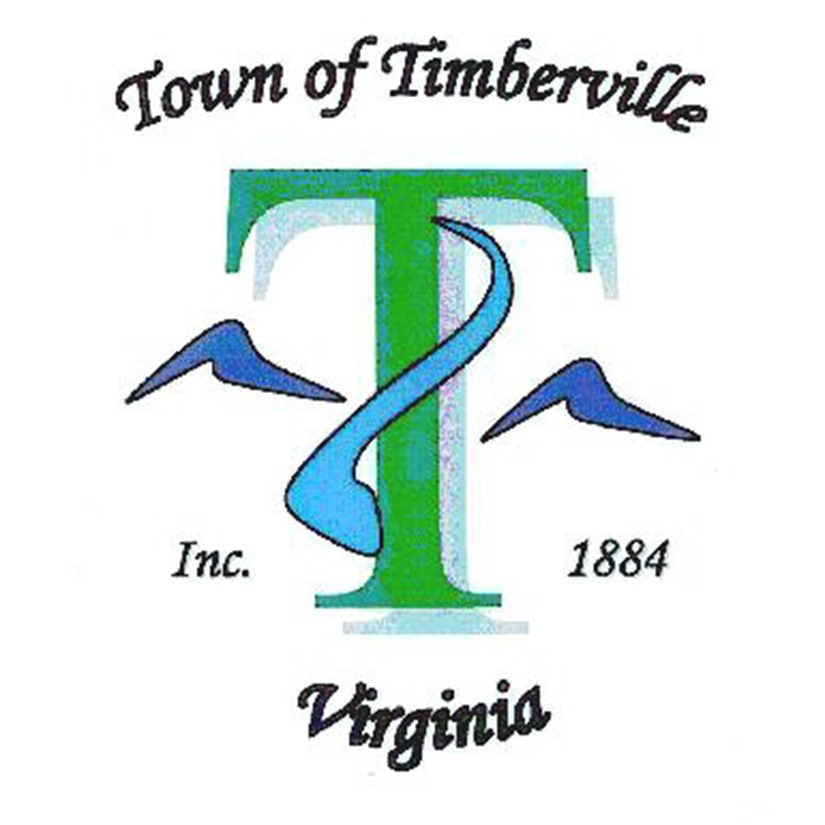
Timberville also developed Memorial Park where one of the trestles crosses the North Fork of the Shenandoah River.

The Town of New Market has adopted a master plan connecting its downtown to the nearby battlefield and adjacent rail corridor.
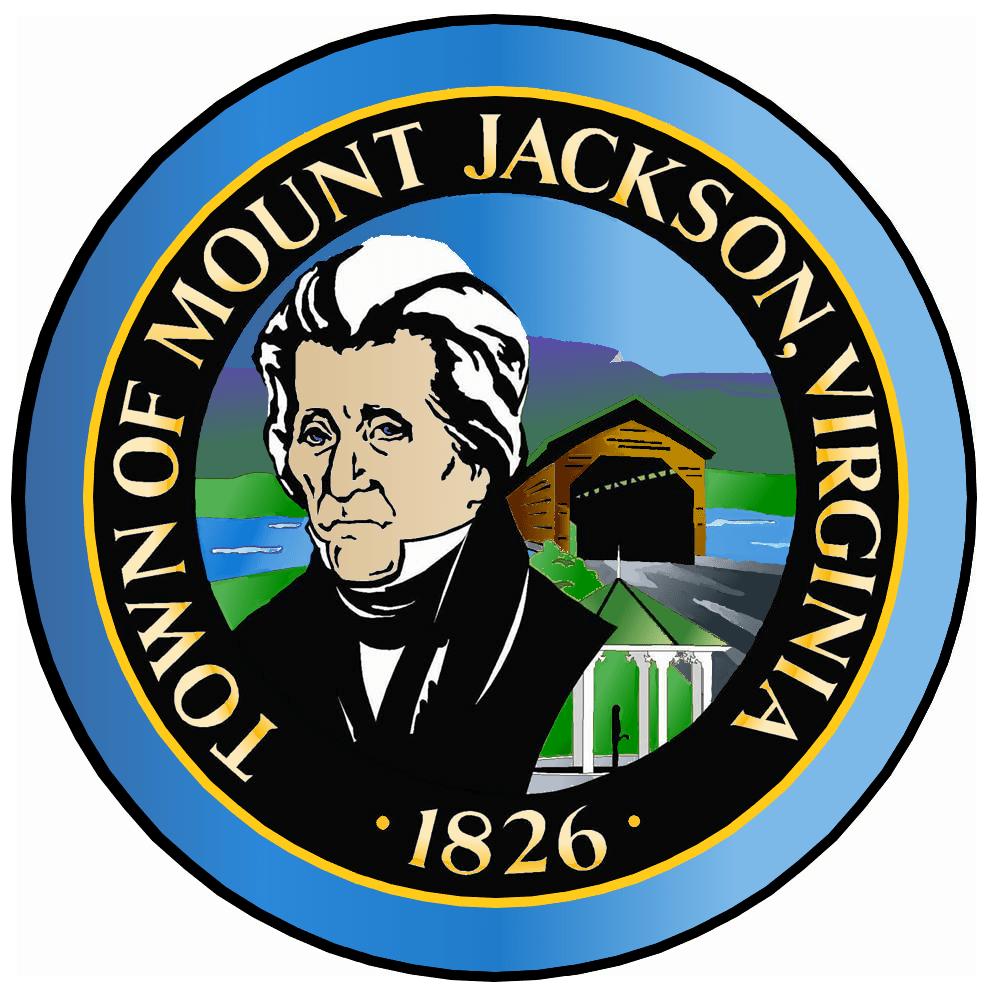
Mount Jackson’s Town Hall and library sit on the rail corridor. Additionally, the town is planning several improvement projects for sidewalks that would parallel the rail-trail throughout town.
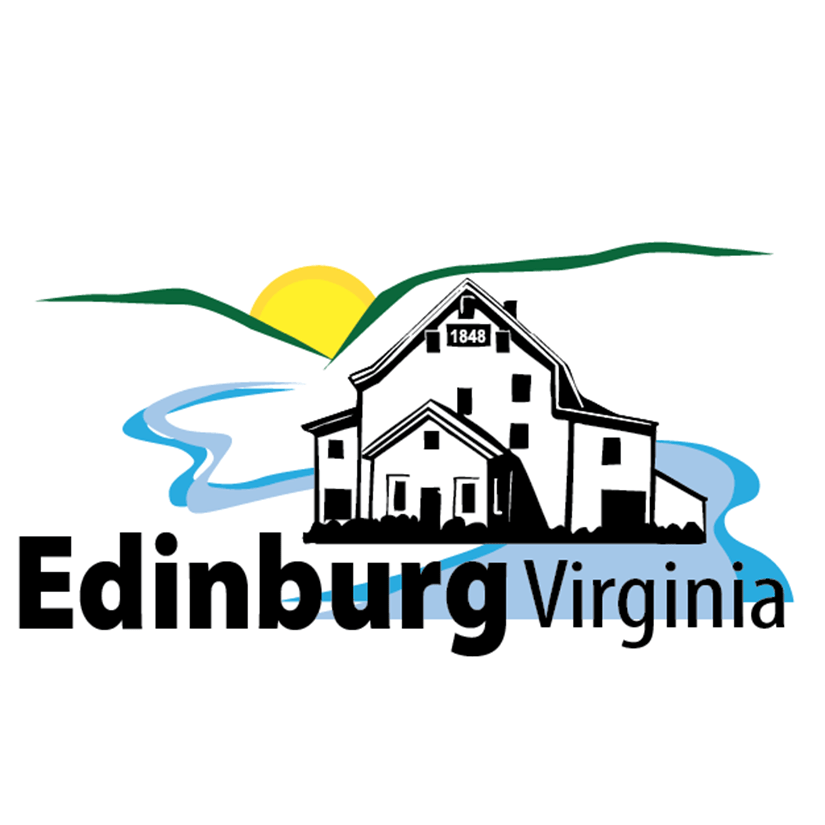
In Edinburg, the new Forest Service Civilian Conservation Corps Museum will front the rail-trail.

The town of Woodstock developed a comprehensive 12.4-mile Bicycle-Pedestrian trail plan linking the town with the new Seven Bends State Park on the eastern edge of Woodstock, crossing the proposed rail-trial several times.
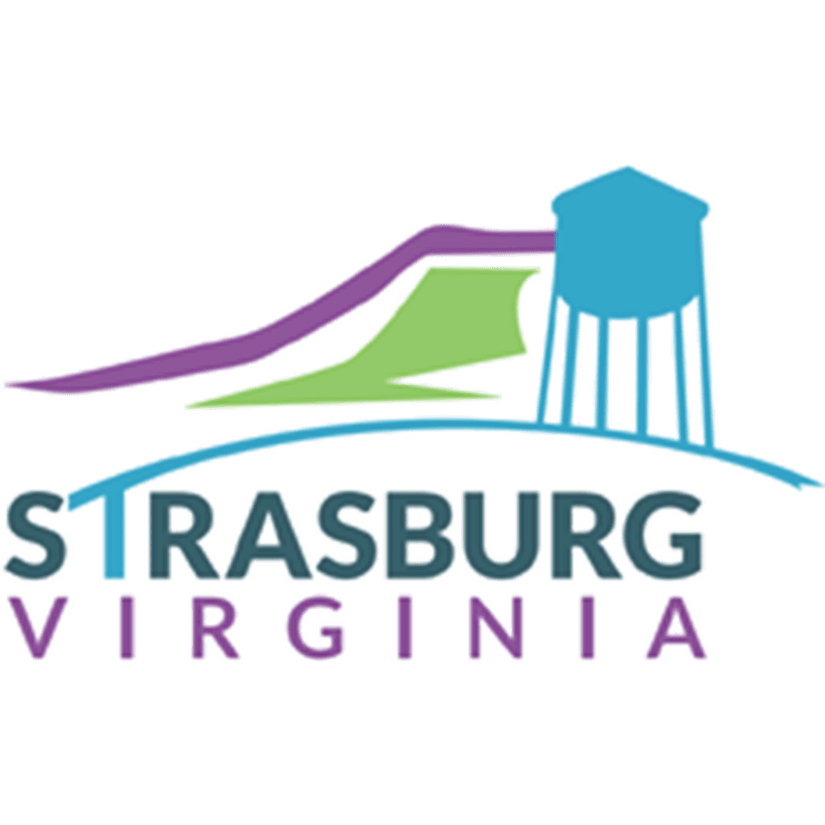
The town of Strasburg included $4 million in its 2021 budget for multi-modal trail and sidewalk improvements throughout town and connecting to the rail-trail.

And, Shenandoah County plans to develop a 151-acre park, adjacent to the proposed rail trail, along the North Fork of the Shenandoah River.
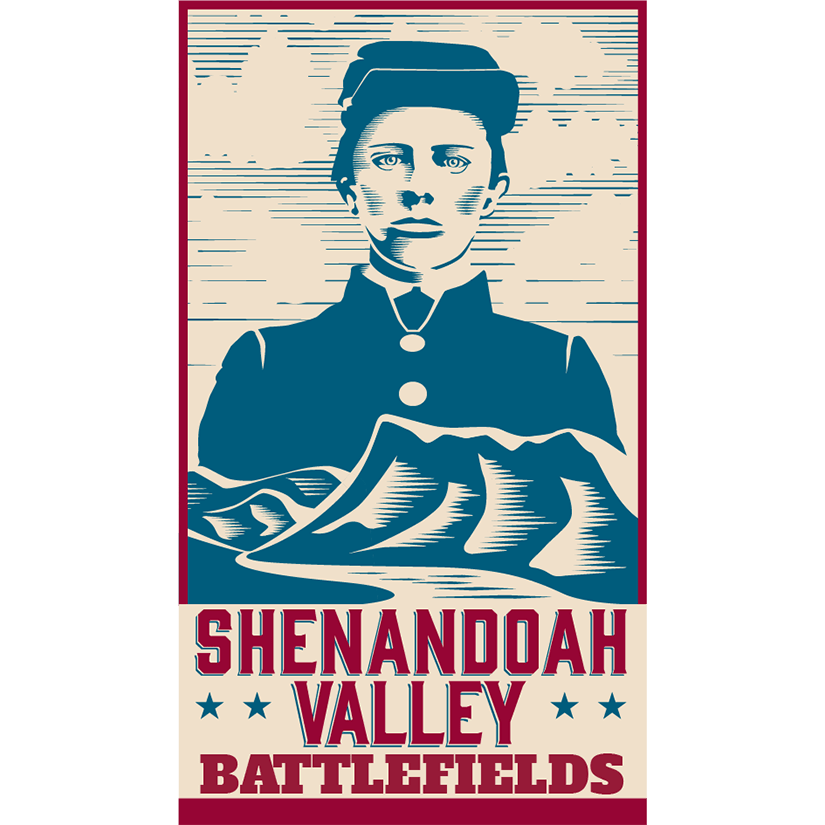
Lastly, Shenandoah Valley Battlefields Foundation is developing a new trail network connecting battlefields in northern Shenandoah County, several adjacent to the rail-trail.
These actions just scratch the surface of the connectivity that would come with putting the unused rail corridor back in use for the communities it crosses through. As the Partnership continues to explore the possibility of a Shenandoah Valley Rail Trail, we’re excited to hear from our communities what other connections can be made.
Image by Sabine van Erp from Pixabay

